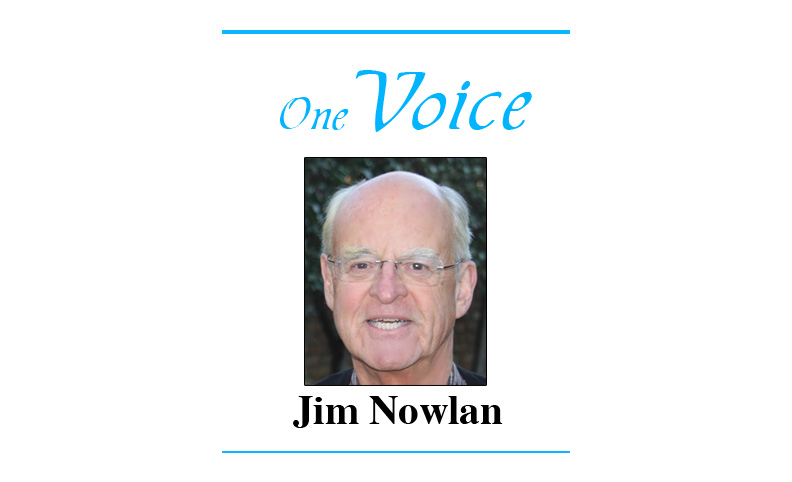
President Joe Biden is proposing to spend more money than I knew existed, on infrastructure and children, families, free college, and much more. I am not opposed to spending all that money, so long as it is aimed at improving our Nation’s weak educational and social outcomes, and so long as we pay for it, rather than foist the costs on to our kids.
I worry that Mr. Biden simply will give the money away, without asking anything in return, rarely a good policy. Indeed, some well-intentioned social programs of the past have worsened rather than strengthened our social fabric. For example, the old welfare program called Aid to Families with Dependent Children automatically denied assistance to a household if there were a man in the house!
Another illustration: Today, when a struggling young mother on welfare programs gets a job, the social supports are almost immediately yanked out from under her, making it almost impossible to stabilize the home finances. We need to stair-step the welfare downward, so the parent can dig out of a financial hole.
Our Nation has big, fundamental problems. For example, we have persistent, big gaps in school achievement between minority and white students, and indeed between whites and Asians and Asian-Americans.
Further, many single-parent households in my rural territory are falling way behind, often giving up to drugs and negative lifestyles; ditto for parents in some urban neighborhoods, which have been abandoned over the decades by both white and then black middle classes. There are few role models left, except the gangs.
On the economic front, our Nation has outsourced critical functions such as chip manufacturing and rare earth metal mining to Asia. We must, after decades of dithering, develop an industrial policy that determines what private-public partnerships are vital keystones to our defense and future.
Indeed, much of the United States has grown fat and sloppy, less resilient, more dependent on government. Among too many, aspiration has turned to resignation, a loss of the ambition to add value to society.
These daunting challenges and others our Nation faces more than justify a laser focus on improving outcomes. But how to do so?
Human behavior is based on fairly straightforward principles. We respond to incentives, and seek to avoid sanctions. We move toward opportunity, however we define it, and away from threats.
I think social policy since World War II has focused on the wrong person, that is, on the child, rather than on the parent. If the home is a positive setting, filled with love, aspiration, support, guidance (dare I say discipline), then the child is more likely to prosper.
Yet, most social policy focuses on replacing services parents used to provide or bolster, e.g., child care, early childhood education, free meals, even delivered, now free college, even settling family disputes. A good friend and circuit judge served rural counties in central Illinois for years; after presiding over more family mayhem cases than he wishes to count, the judge observes, bluntly: Government has replaced Dad.
Based on discussions with school teachers and social workers, I propose required parent coaching for struggling single mothers (and a few single dads). The coaching would ideally be provided by parents who have themselves risen above similar difficult circumstances. “Mom, if you wish government support, take the coaching. If not, no government program supports.”
And provide bonuses to encourage family success for the struggling parent who rises to the occasion, stops abusing drugs and alcohol, where that is a problem, takes skill training, and generally gets her act together.
If Mom refuses the coaching, she should be aware that the local child welfare agency will be monitoring such things as whether her child is in by curfew, Illinois indeed has a curfew law. I am struck by how much of the mayhem among police and teens takes place at 3 a.m., and I am confident youngsters who excel in school are not found roaming the streets at all hours.
As for free college, great, so long as the student is making steady progress toward a certificate or degree.
As one who has always considered himself liberal on social policy, I am amazed to be sounding like an old fogey. Yet, if our Nation is to improve outcomes, we have to nudge those who are struggling, with incentives and sanctions, rather than with wishful thinking that money without strings will solve problems.
For many years, Jim Nowlan was a senior fellow and political science professor at the University of Illinois in Urbana-Champaign. He has worked for three unindicted governors and published a weekly newspaper in central Illinois.

